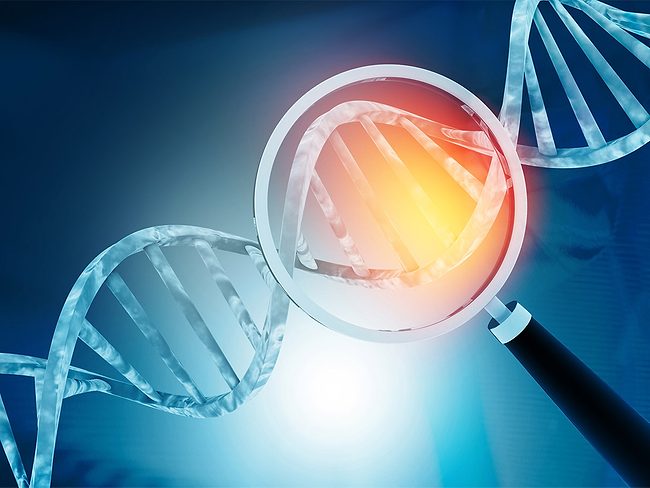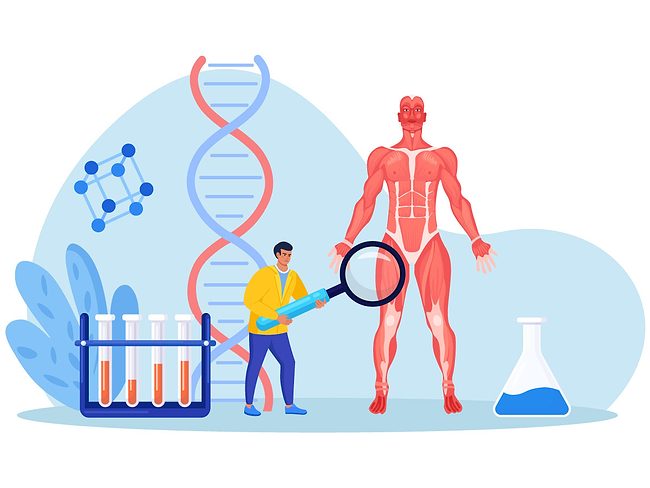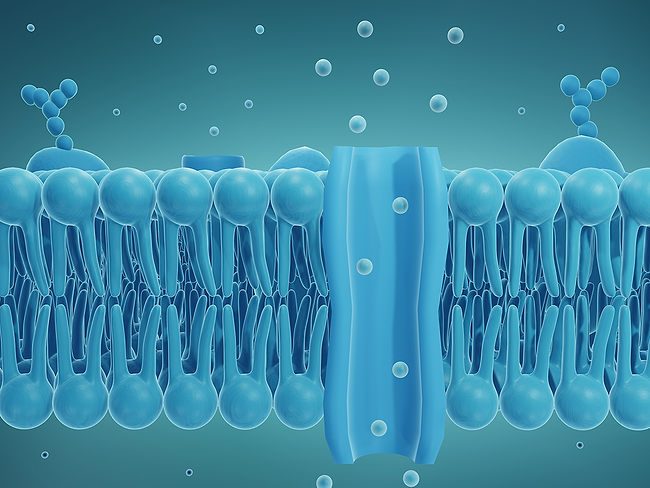
Neurology/psychiatric, BioWorld Science
Neurology/psychiatric
GSK-3β inhibitor demonstrates efficacy in mouse model of Alzheimer’s disease
Read MoreNeurology/psychiatric
New in vitro model of inclusion body myositis based on human iPSC-myotubes
Read MoreNeurology/psychiatric
Iqure’s EAAT2 modulator gains IRB clearance for first-in-human study
Read MoreDrug design, drug delivery & technologies






